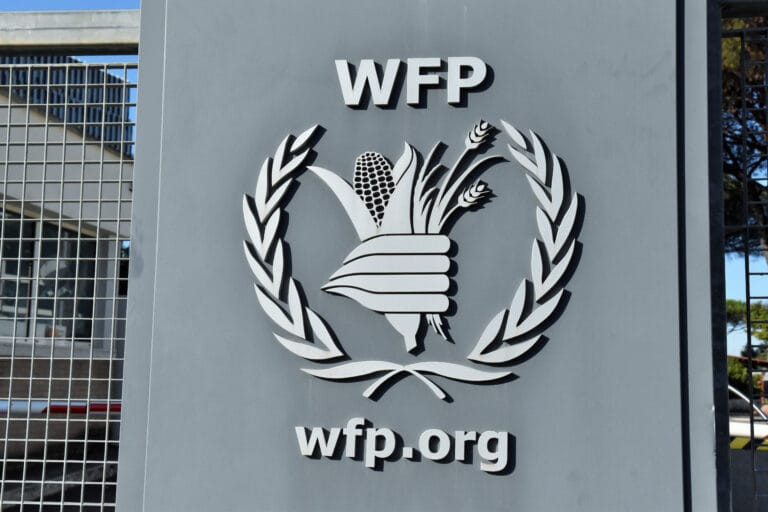As the airfreight industry accelerates towards deeper global integration, a new strategic alliance between three major carriers—IAG Cargo, Qatar Airways Cargo, and MASkargo—is set to reshape not just the flow of goods, but the delivery of humanitarian aid worldwide.
Announced at air cargo Europe in Munich, and slated for launch in late 2025, pending regulatory approvals, the Global Cargo Joint Business promises to offer unprecedented routing flexibility and cross-market connectivity spanning Asia-Pacific, the Middle East, Africa, Europe, the Americas, and the Indian Subcontinent. But beyond the logistics, the three airlines are joining forces with the UN World Food Programme (WFP) in a partnership that aims to bring food, supplies—and hope—to some of the world’s most vulnerable communitie
A humanitarian heart
As part of their commitment, the carriers will soon enter into individual agreements with WFP to donate a combined 1,000 tonnes of free cargo space. This will help WFP deliver life-saving food and critical commodities to areas impacted by conflict, climate crises, and disaster. For WFP leaders, the partnership marks a historic shift in how the private sector can contribute—not only financially, but operationally—to humanitarian response.
“We’re extremely proud of this partnership,” said Virginia Villar Arribas, Deputy Director of Private Partnerships at WFP. “It provides WFP with the possibility of reaching people in need with essential food and other supplies in very hard-to-reach areas. Sometimes, we can only reach them by air.”
She added, “It sends the message that the private sector has a key role to play in supporting those that are in need. With this partnership and its in-kind support, we are able to do much more—to reach more people, and to be more efficient.”
Not just schedules
For the UN World Food Programme, logistics is more than a supply chain—it’s a lifeline. In 2024 alone, WFP delivered over 2.6 million metric tonnes of food**—**in some of the most challenging and hard-to-access areas, including war and disaster zones.
“When you’re thinking about natural disasters or war zones—when there’s a crisis that needs immediate attention—it’s important to help people immediately after that event occurs,” said Bernhard Kowatsch, Head of the WFP Innovation Accelerator. “Airfreight is one of the ways to get critical resources to people as fast as possible, and that speed can even save money. You don’t have to spend more later to recover from delayed support.”
Kowatsch pointed to the cascading consequences of delay. “Being timely, being accurate—who receives what and when—is critical. It’s one of the ways, in last resort, how to support people.”
Reaching the unreachable
WFP uses airfreight for more than speed—it’s often the only option in inaccessible regions.
“Apart from the cargo, WFP also deploys airdrops as a last resort,” Villar noted. “For instance, in Sudan or in Afghanistan during the winter, when we cannot cross roads, we need to do airdrops.”
Villar reinforced the sheer complexity of WFP’s logistics effort. “We need to ensure that the supply chain is not only fast and effective, but also compliant with food safety, quality, and traceability requirements. Collaboration is essential to that.”
This is where the Global Cargo Joint Business can make a game-changing difference—integrating capacity across continents, aligning schedules and infrastructure, and pooling resources to deliver a more agile and responsive humanitarian logistics network.
Trust, shared value, and solutions
he UN World Food Programme’s engagement with the private sector goes far beyond shipping. In the last four and a half years, companies have provided over 2 billion US dollars in combined support, from direct funding to in-kind services, employee engagement, and critical expertise.
“We look for shared value—a sweet spot for the company and for us,” Villar said. “And also trust. We always base relationships in trust and in shared value.”
Kowatsch emphasised that even companies outside traditional aid roles can play a part. “A lot of people ask me, ‘What can I do?’ Whether through donating on the WFP website or the ShareTheMeal app, or looking within their own companies—there are many ways to help.”
He added, “Sometimes, the most impactful support comes from assets and expertise—AI, supply chain optimisation, logistics planning. These are all things that make our work more effective. And in doing so, they also help rebuild communities and livelihoods for the future.”





